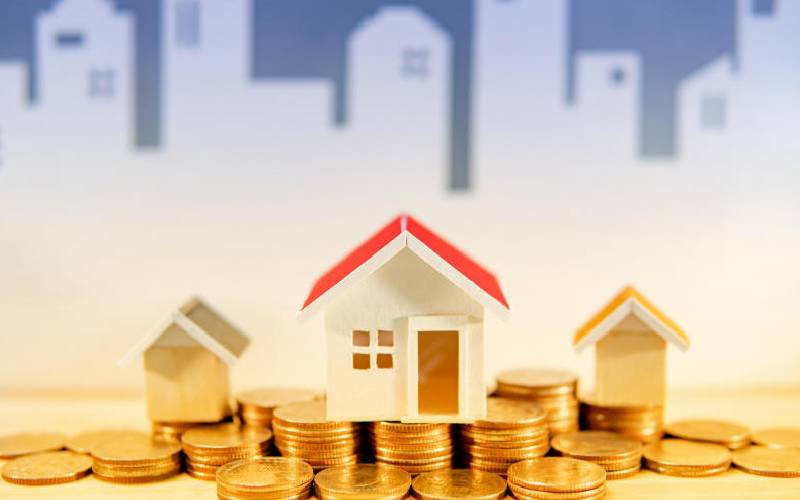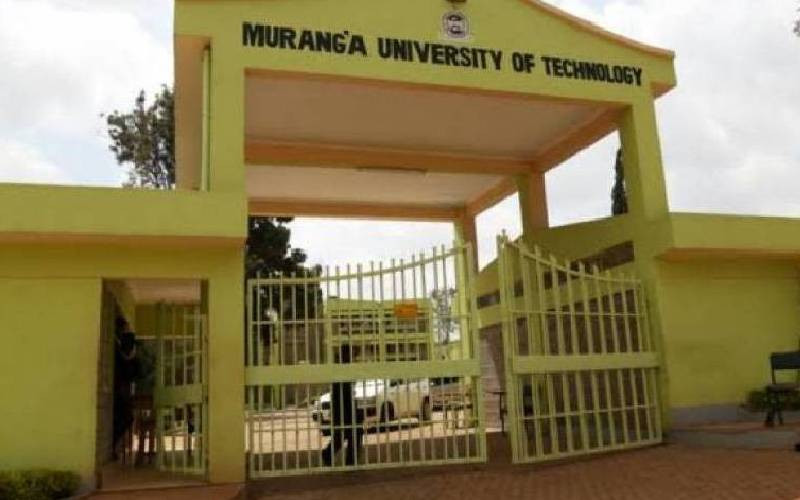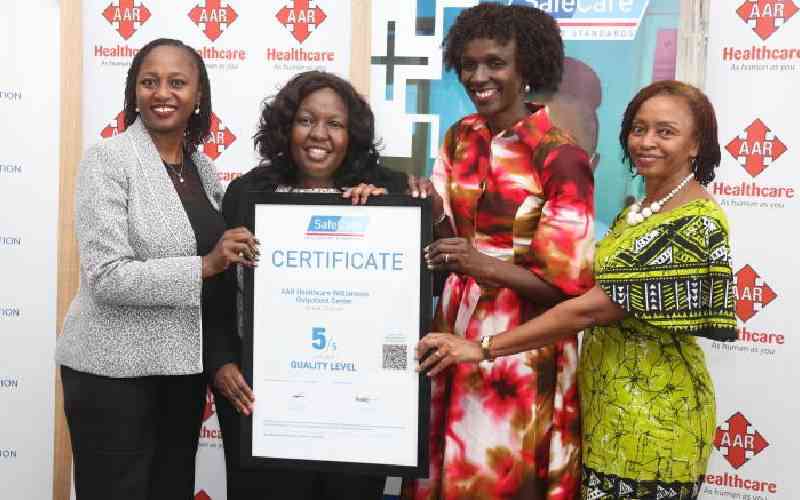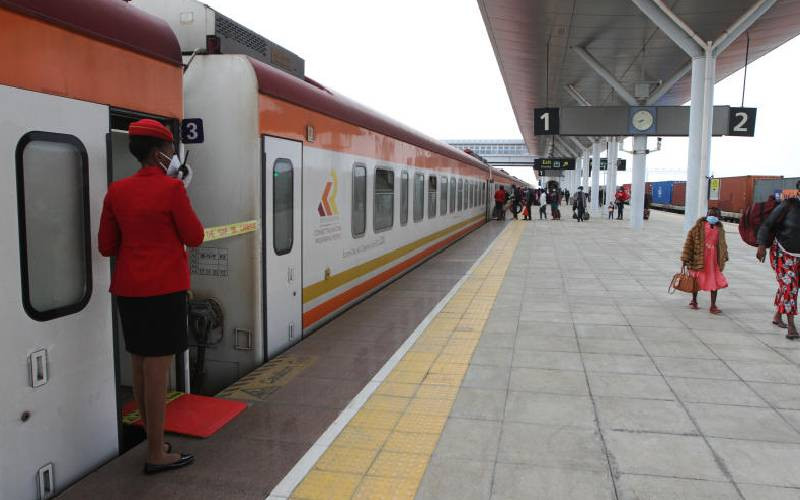The international community has been striving to create a world that is prosperous, healthy and equitable. That was the purpose of the Millennium Development Goals (MDGs) that were adopted by the United Nations in 2000. Countries have been striving to achieve them for the last 15 years and have made great progress over that time. The number of people living in absolute poverty has been halved. The number of malaria deaths has been cut by 30 per cent. For every 100 boys in primary education there are now 97 girls, up from 92 in 1999. But much remains to be done.
Next September, the UN General Assembly will adopt a new set of goals to replace the MDGs. Rather than focusing on the challenges facing developing countries – as the MDGs did – the new goals will tackle truly global concerns such as reconciling social and economic development with the requirements of a healthy environment. They will be called the Sustainable Development Goals (SDGs).







